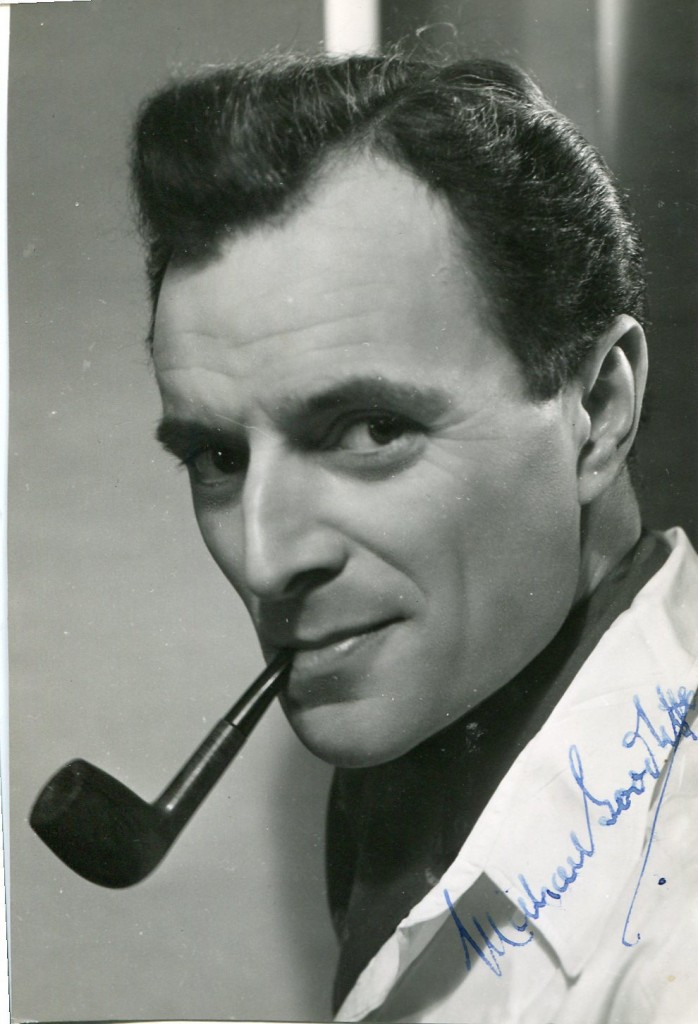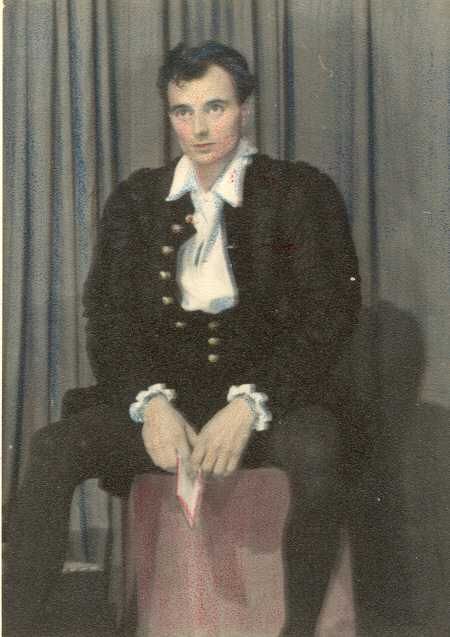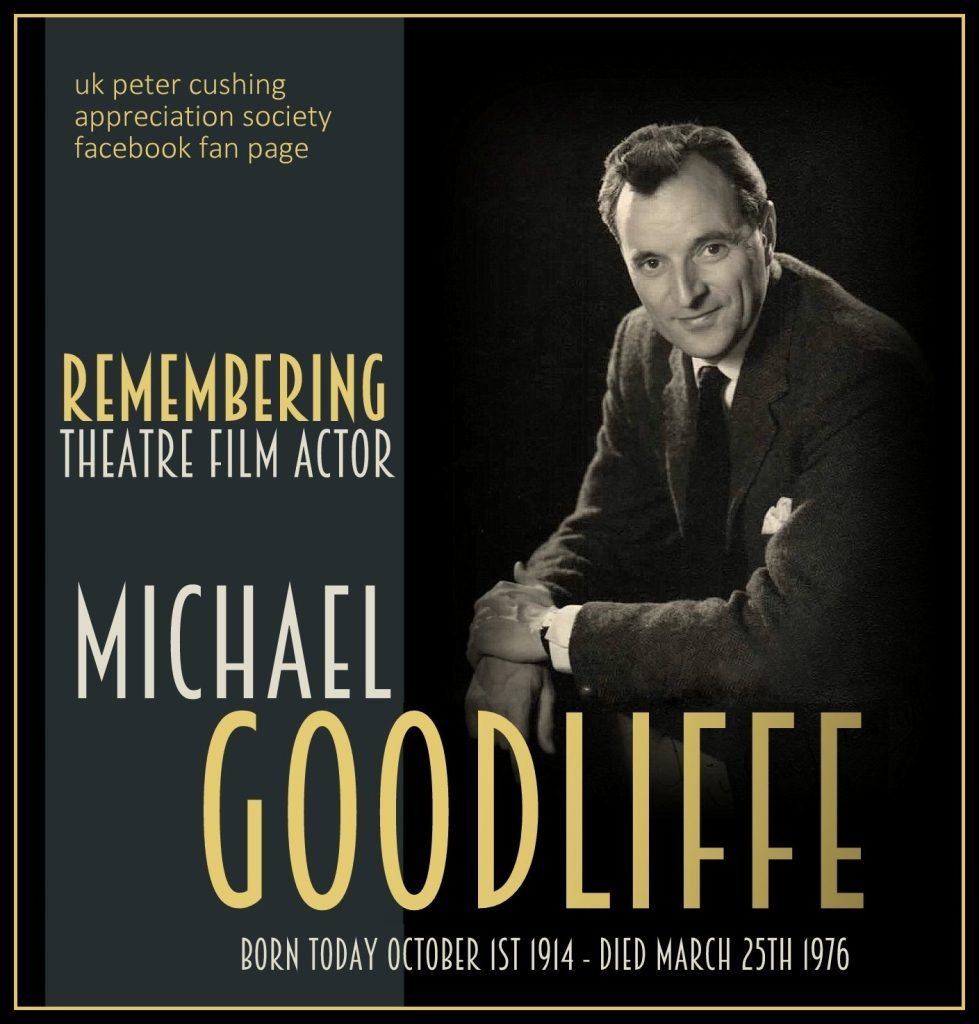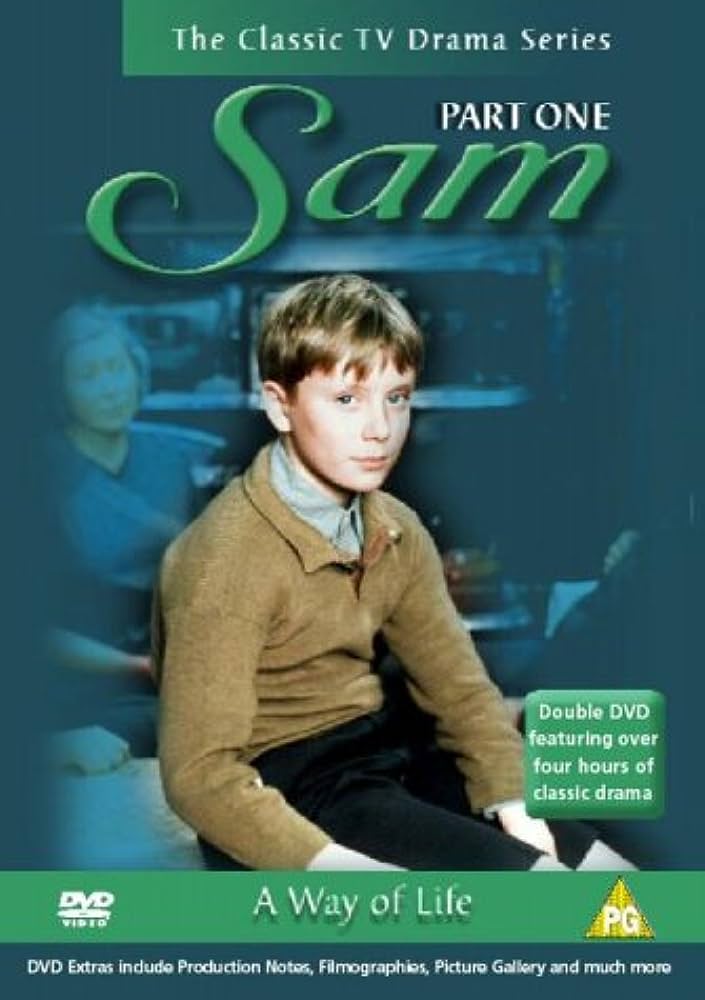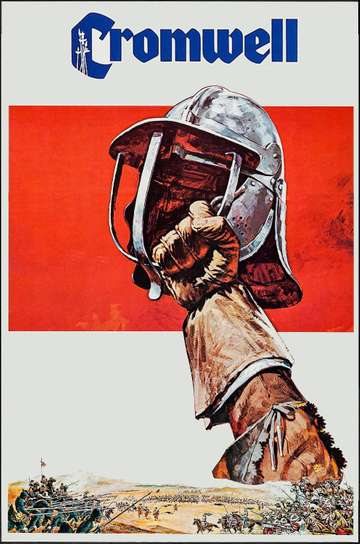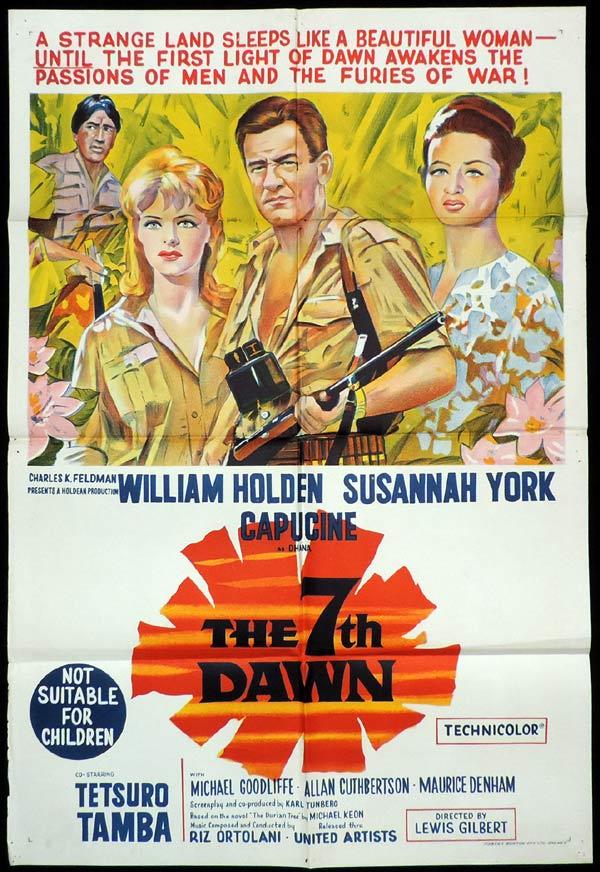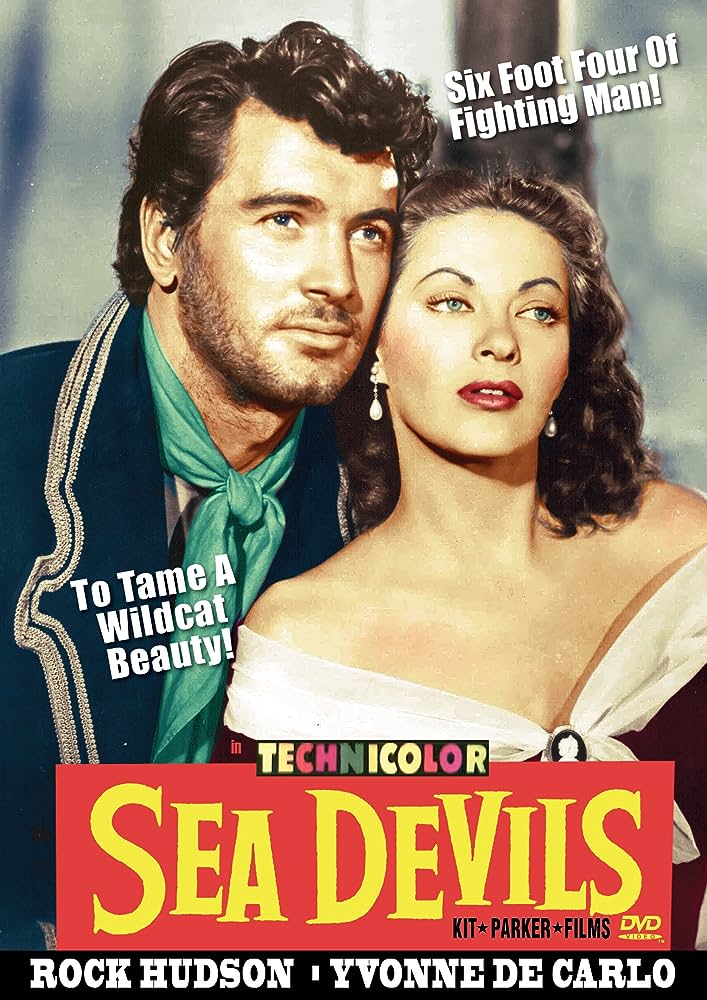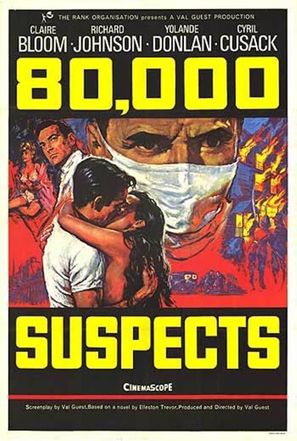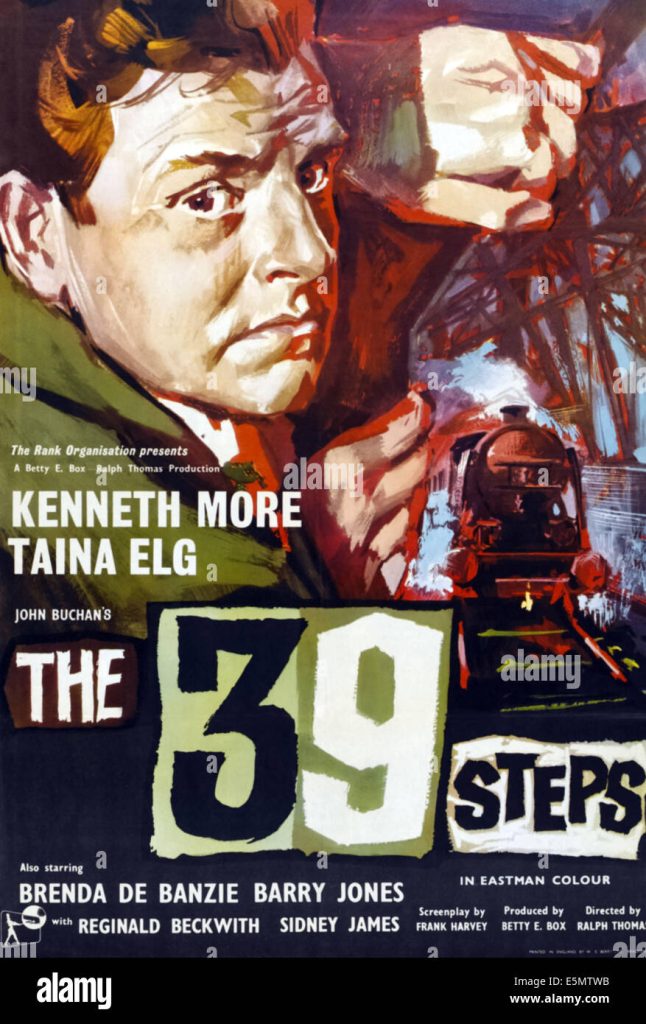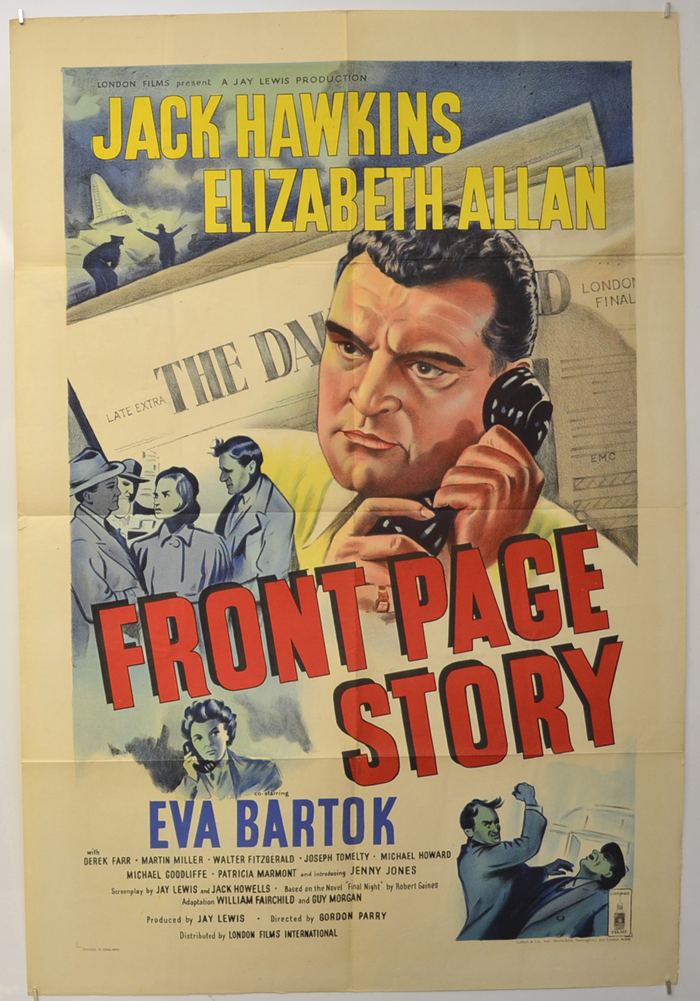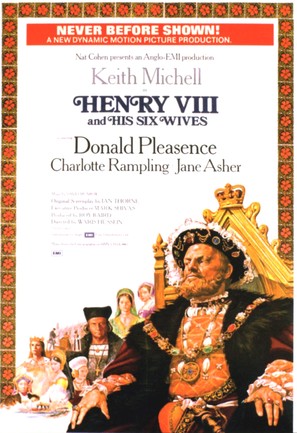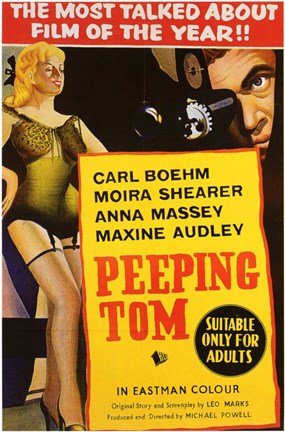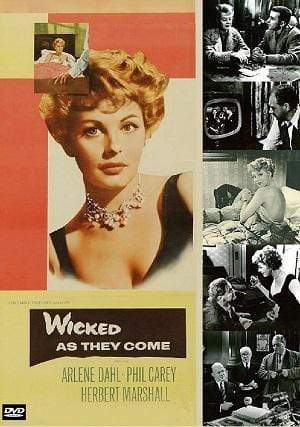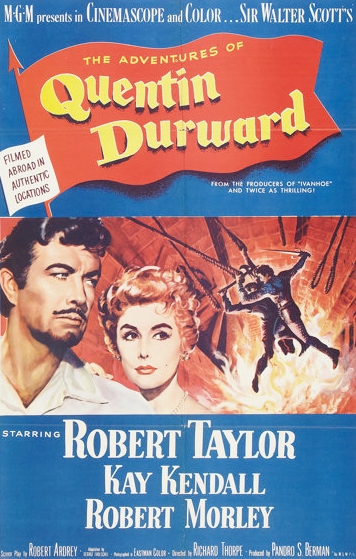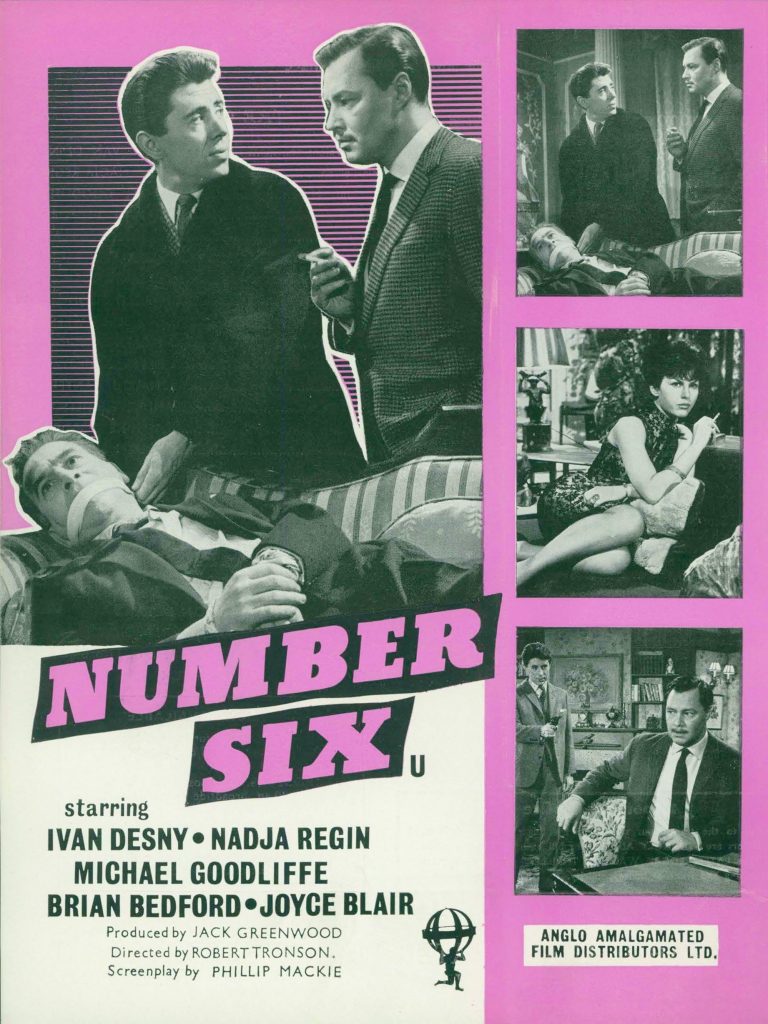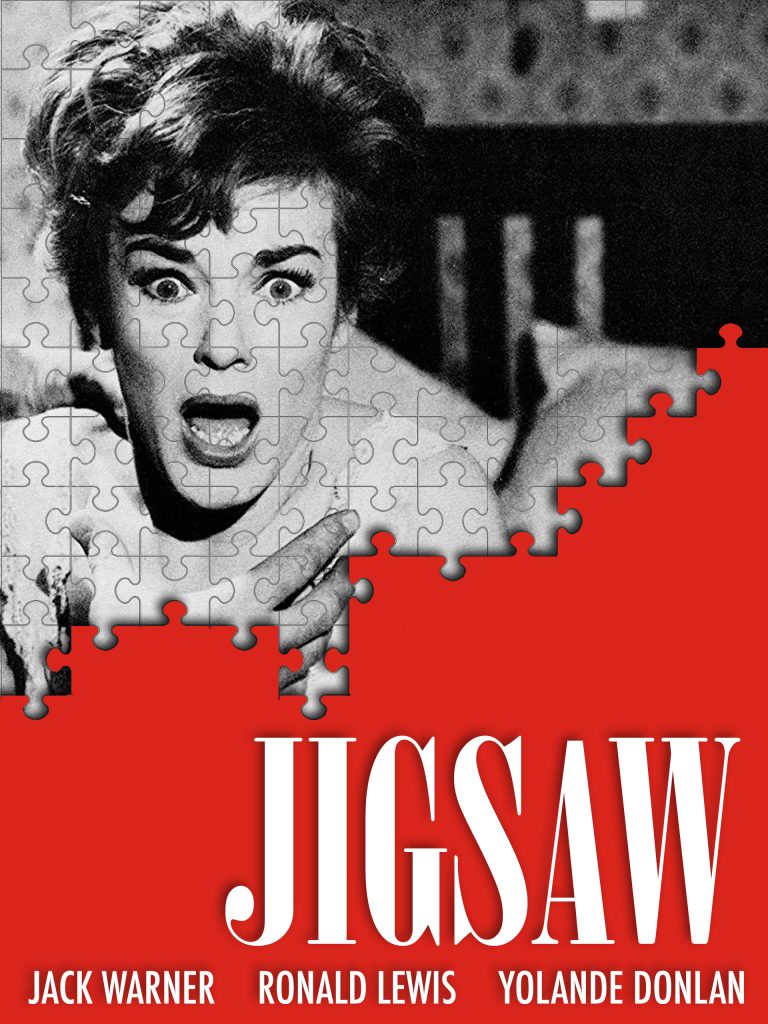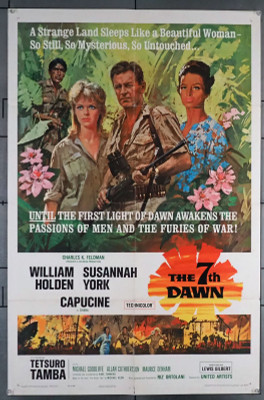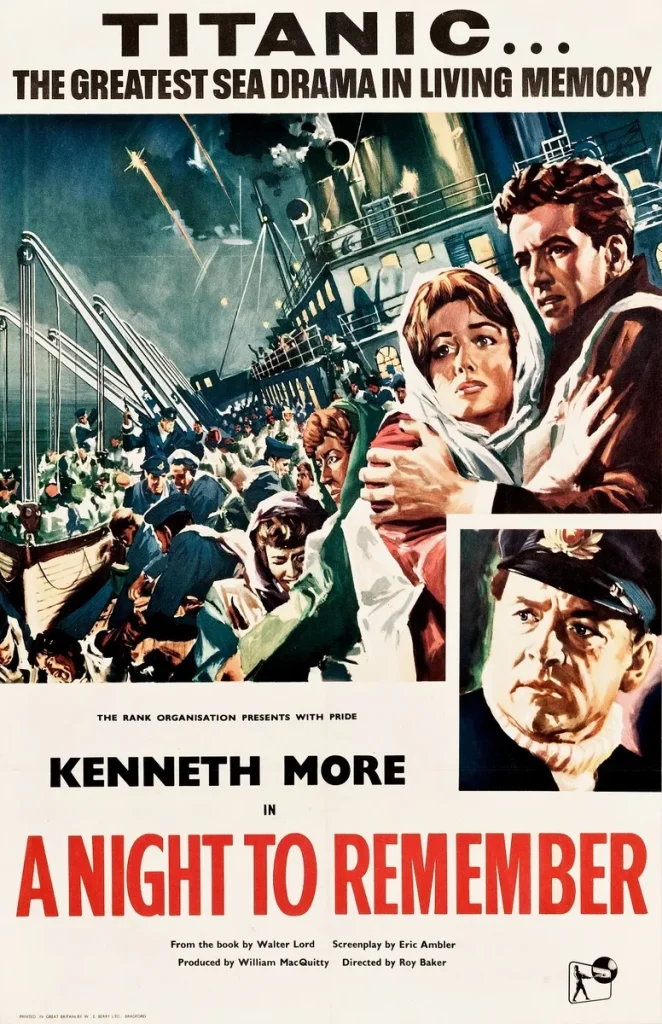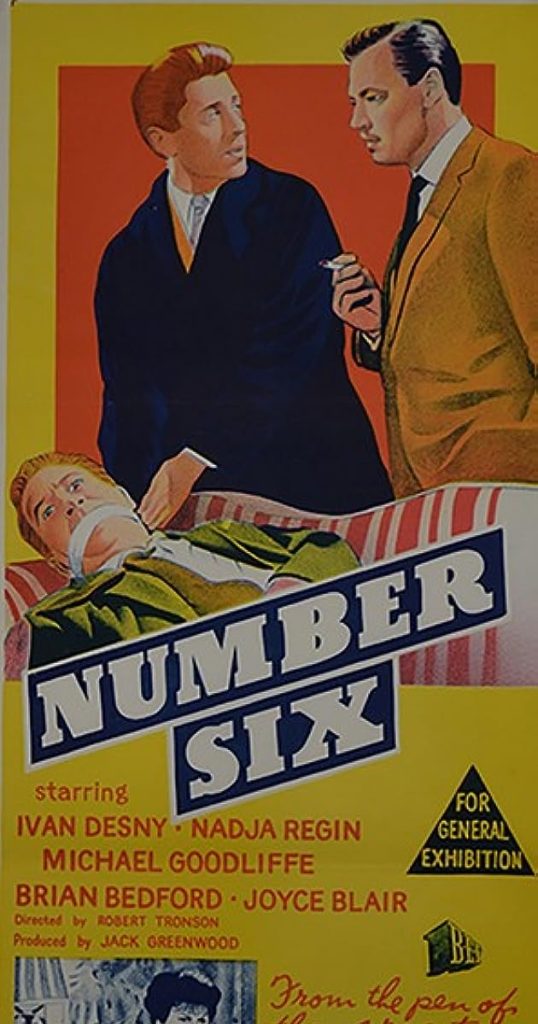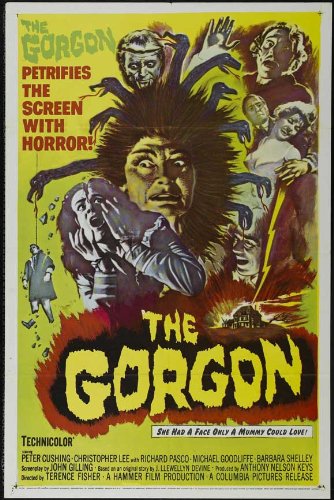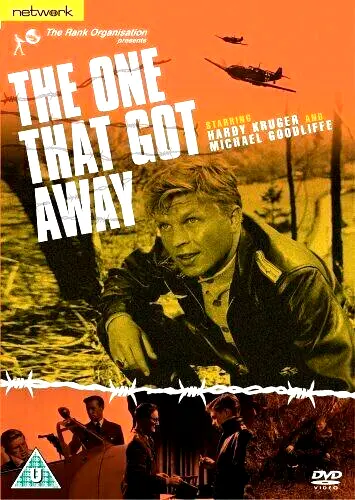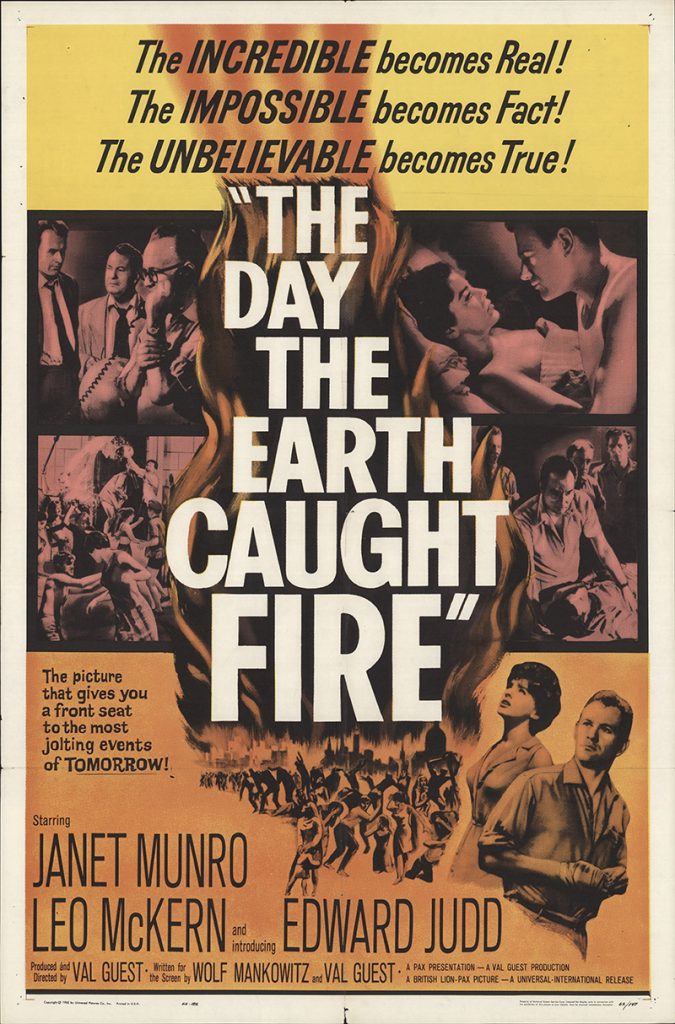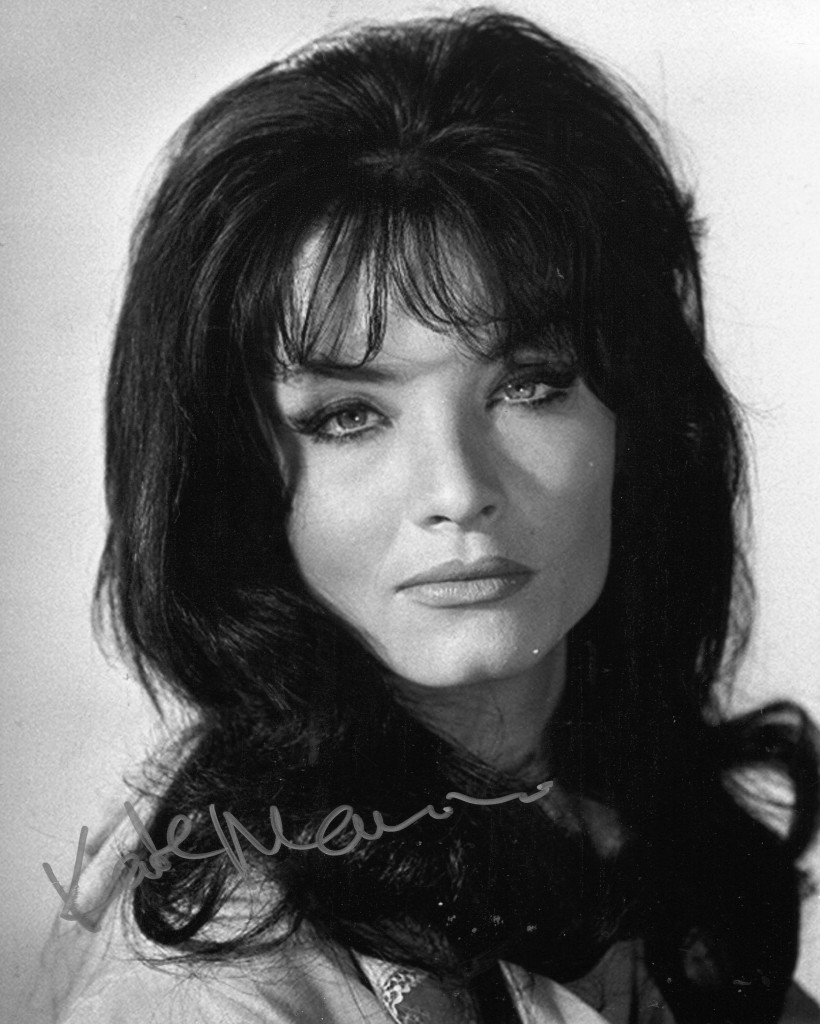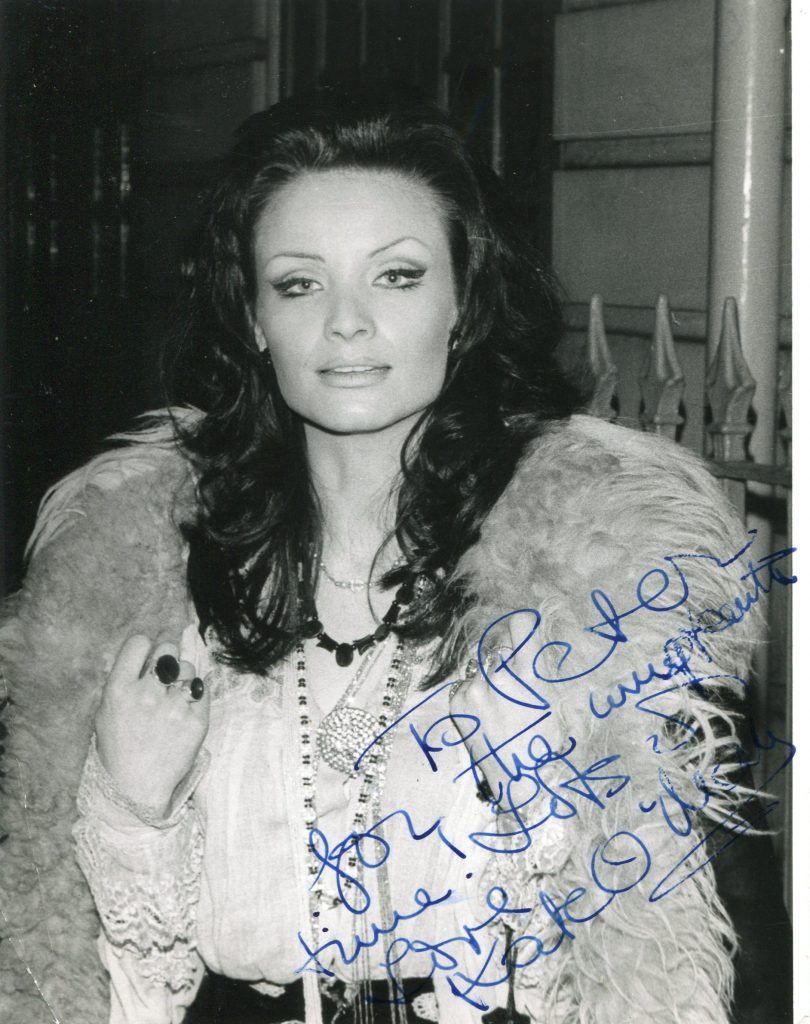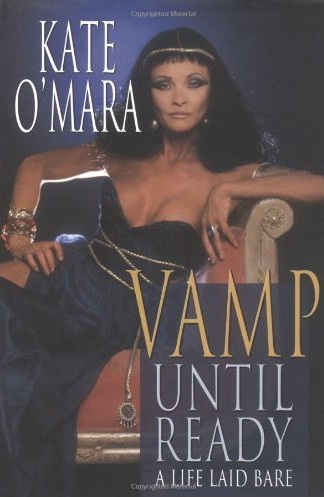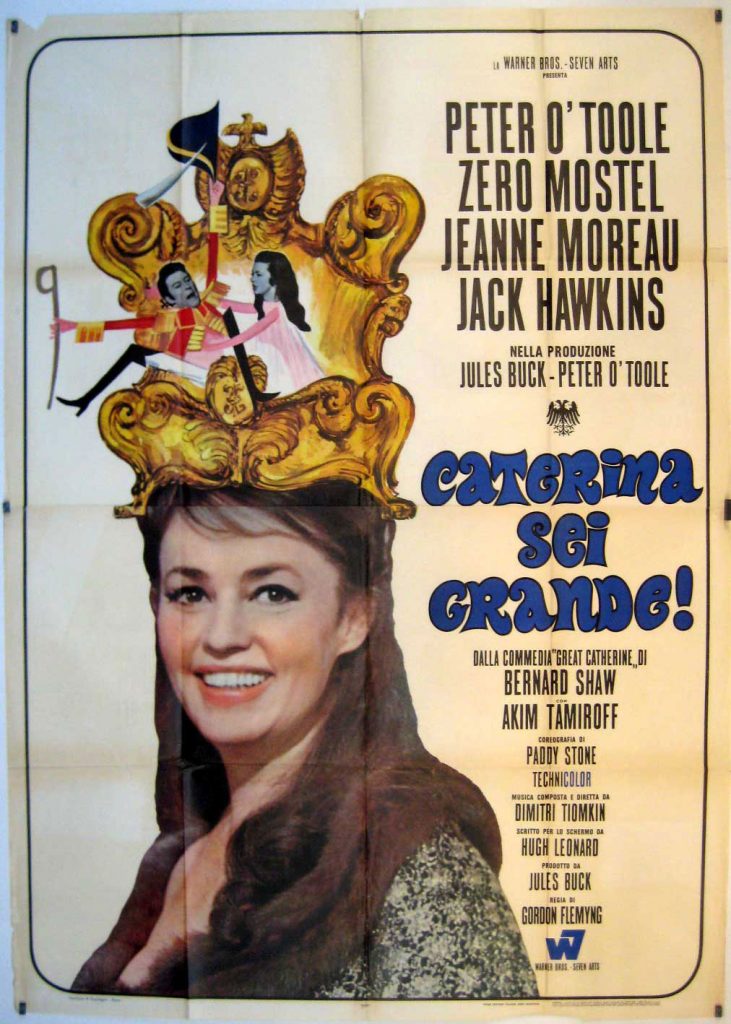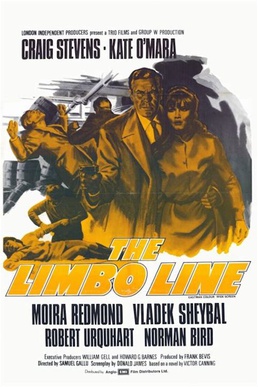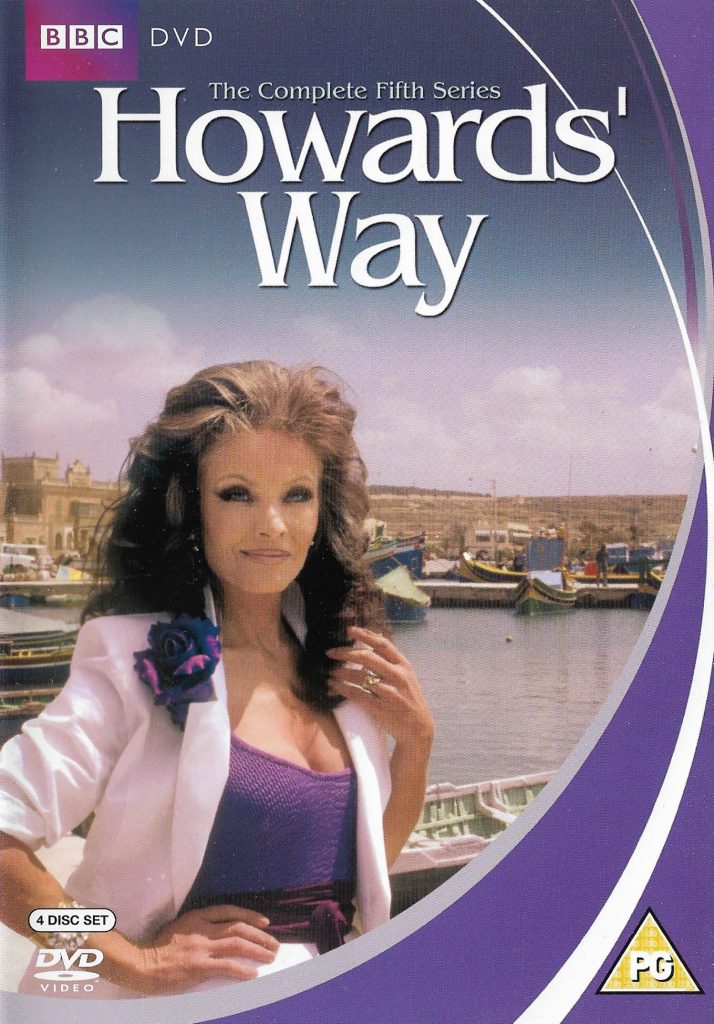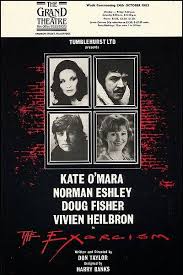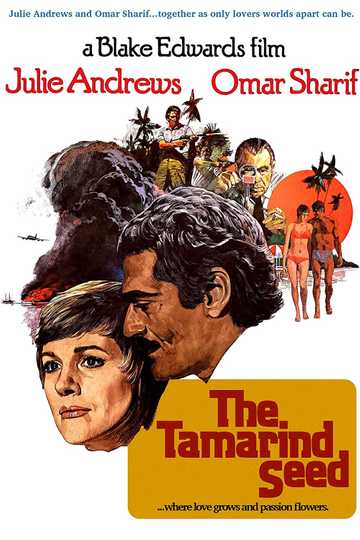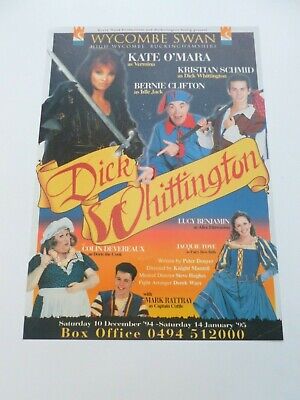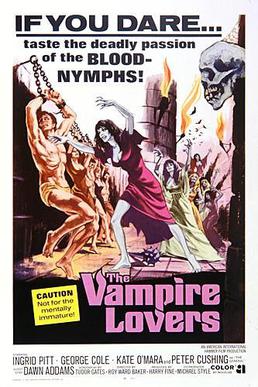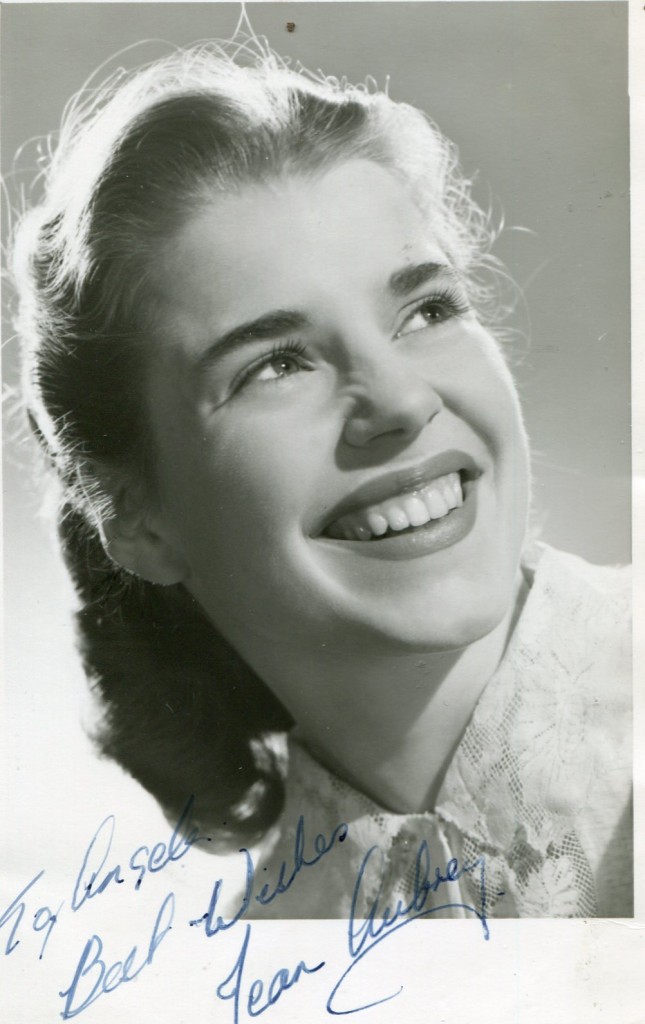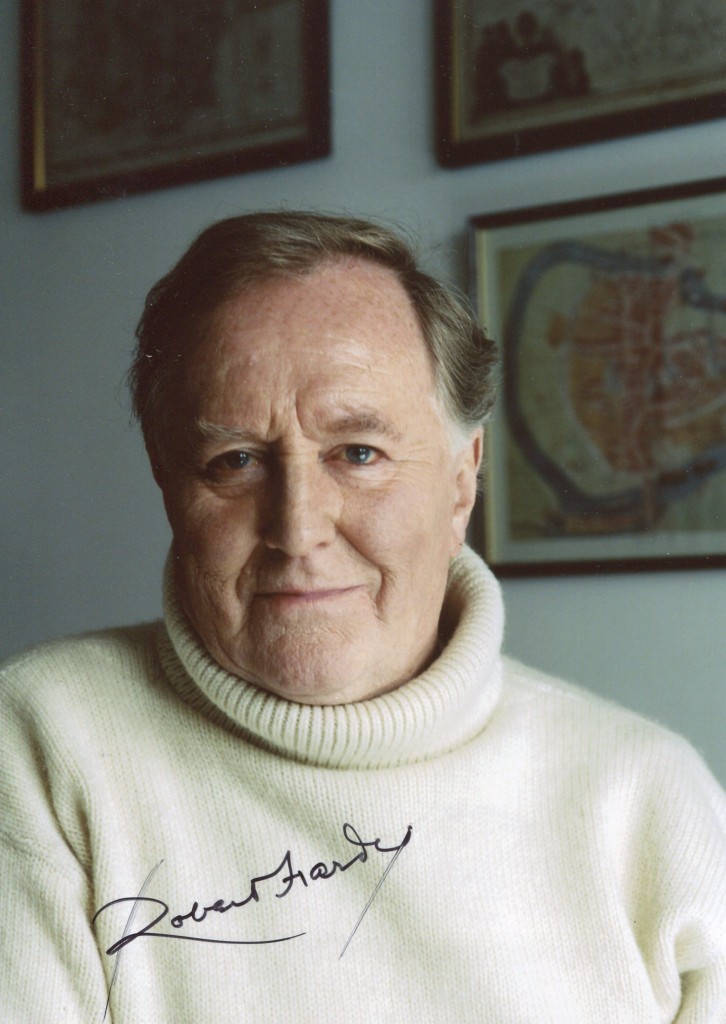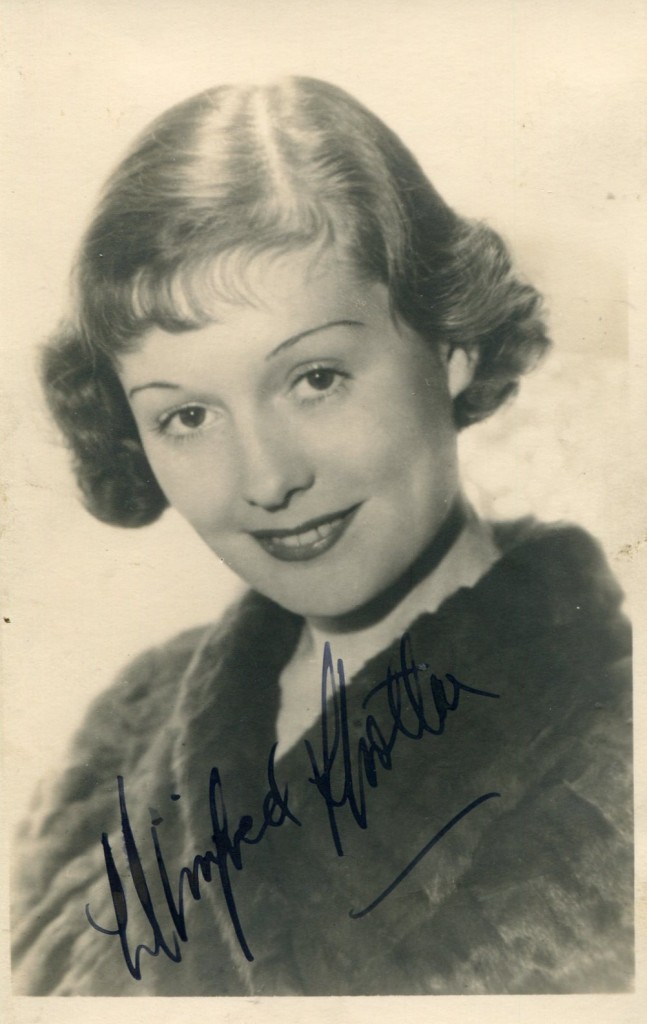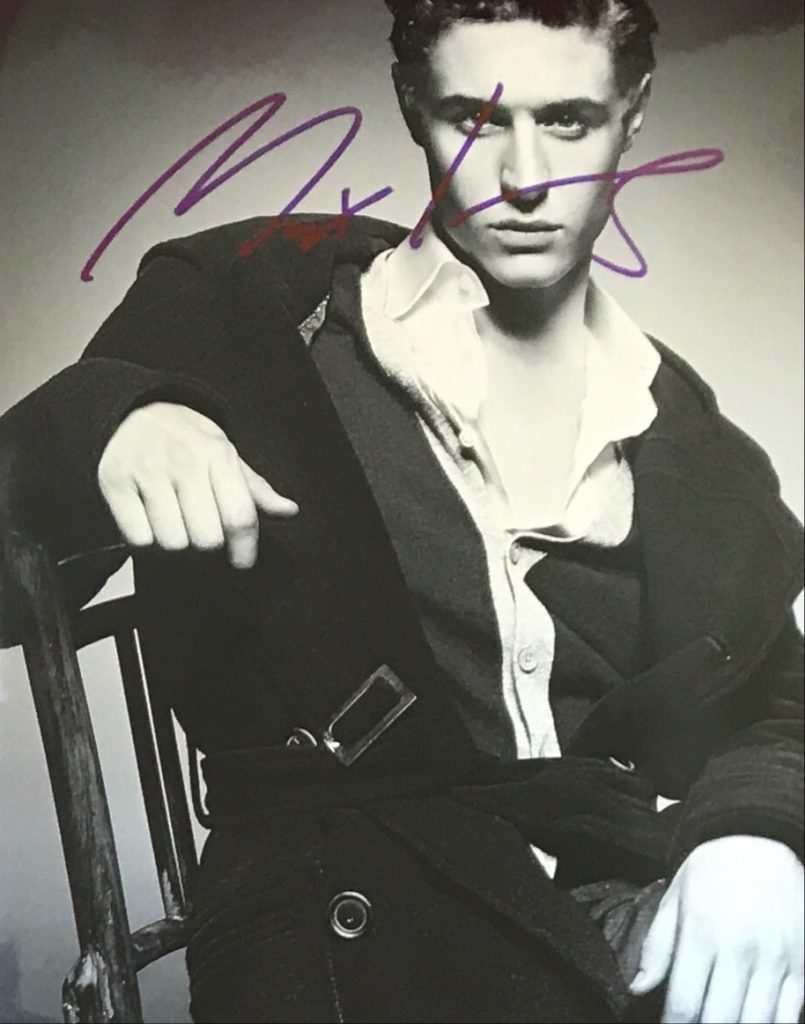
Max Irons was born 1985. He is the son of Sinead Cusack and Jeremy Irons and the grandson of Cyril Cusack. His films include “Red Riding Hood” in 2011 and the upcoming “Vivaldi”.
Interview with “Independent.ie”:
STEPHEN MILTON – UPDATED 17 JUNE 2013 02:43 PMHowever, the decision to either go with his commanding family name and forever risk association with his Oscar-winning father or adopt a new moniker and start anew posed a dilemma for the fledgling star.”I toyed around with adopting my middle name as my surname,” he says. “It’s Diarmuid, so, I don’t know… it was a thought.”But when I’d introduce myself as ‘Diarmuid’, people would hear ‘Dermot’. I’d correct them and say ‘Diarmuid’, and straight away ‘Dermot’ would come back to me. There was always going to be a problem there.”Irons glances out of the window. The familial connection is a topic he’s finding difficult to escape. I’m not ashamed of it,” he says. “I wouldn’t be the first actor who has famous actor parents. I just want to concentrate on my own work, and hopefully ‘the Jeremy Irons‘ son’ business will become less and less.”That remains to be seen. With a towering 6ft 2in stature and yawning, hollowed cheekbones, he’s unmistakably his father’s son. It’s uncanny.
But there’s a warmth and a brightness in young Irons, inherited from his mother, renowned actress Sinead Cusack. “I’m much more like her,” he says. “From far off you can see my dad, but when you see my face, it’s far more Cusack.”
Prior to today’s meeting, a stern warning was issued from his publicist: only one solitary question about family is permitted.
Sitting opposite the spawn of an Oscar-winner who’s best known for ‘The Mission’, ‘The Lion King‘ and ‘Reversal of Fortune’, and heir to the Cusack dynasty, this poses a problem. It’s a captivating legacy that betrays a flourishing future.
I immediately apologise for running over my allotted quota, but the incredibly likeable star courteously says: “I’ll talk about my family all day long, particularly the Cusacks, and Cyril. I don’t get as much about them.
“It’s when I hear, ‘What’s it like to have Jeremy Irons as your father?’ – what do you say to that? I don’t know, what’s it like having your father as your father?”
Parked in his agent’s office just off London’s Regent Street, all high gloss and mahogany furnishing, the conversation flows with ease while the rain lashes against the window pane on a miserable afternoon.
Having just nipped out for a quick cigarette, the 27-year-old is in chipper mood, periodically smacking his right knee and clapping his hands at the climax of a joke.
He’s as pleasantly responsive as when I interviewed him more than two years ago for fabled flop ‘Red Riding Hood’. Back then, he fielded relentless questions about his clan with an elegant grace, and does the same today while chatting about his challenging role as King Edward IV in the Beeb’s lavish adaptation of ‘The White Queen’, based on Philippa Gregory‘s best-selling novel series ‘The Cousins’ War’.
Set against the backdrop of the War of the Roses, it’s the story of the ongoing conflict for the throne of England between the House of York and the House of Lancaster and focuses on three women in their quest for power: Elizabeth Woodville (Rebecca Ferguson) Margaret Beaufort (Amanda Hale) and Anne Neville (Faye Marsay).
And after largely ‘guy candy’ work in teen fare ‘Red Riding Hood’ and recentSaoirse Ronan sci-fi misfire ‘The Host’, the sumptuous saga offers Irons the opportunity to employ a powerful presence as Edward IV. A deeply complex historical figure, he was a ruler who exercised a balance between nobility and treachery to maintain the crown.
“I fell in love with him,” Max explains. “Opinions are split as to what kind of person he was, whether he was reckless, foolish and irresponsible, while others say he was politically very savvy and militarily, very successful. He was a moderniser and a modern thinker.”
Did this complexity prove an attraction? “That’s what we wanted for the first episode, to quite not nail his initial intentions. To marry Elizabeth, a virtual commoner, was such an unusual thing for him to do, but he was besotted,” he says.
“In those days, love had nothing to do with it; it was simply about alliances. And I guess Edward was a bit of a swine, but a sort of loveable one. He didn’t play by the rules. He did what he did very successfully until the day he died.”
The royal role points the former Burberry model, who recently ended his relationship with ‘Sucker Punch’ beauty Emily Browning, in a more mature direction.
“I got some feedback recently from an audition: ‘Very good, bit too old, not quite pretty enough,'” he grins. “Naturally I was offended, but then you think, maybe I’m getting to a place where I can sort of leave that teen place behind.”
Surely this was that one of the harshest critiques he’s received? “That was quite mild. A friend of mine didn’t get a job because he was told he was too hairy.”
Born and raised in north London, Irons attended the Dragon School in Oxford before winning a place at the Guildhall School of Music and Drama, cultivating a distinctly Anglicised clutch of manners and personality.
He spent his summers at the family’s west Cork abode of Kilcoe Castle – briefly a shade of hot pink during the mid-1990s, “which was only an undercoat”, the actor protests.
These get-togethers with the Cusack clan farmed his Hibernian roots.
“I’m probably not as Irish as I would like to be. I can’t speak the language and God knows I can’t do the accent. I’ve always lived [in London], but my sensibilities are far more like my mother and her side of the family.”
Grandfather Cyril, who starred in ‘Harold and Maude’, ‘My Left Foot’ and ‘Strumpet City’, passed away after a lengthy battle with motor neurone disease when Max was only five. Does he treasure memories of the legendary performer?
“Cyril loved to laugh and had so many stories. And he was proud of all his family, especially watching his daughters following in his footsteps,” he says.
Pride might not necessarily be the word used to describe Max’s feelings for his father’s opinions of late, however.
A man of strong, impulsive words, Irons senior has blithely vented his views on several controversial subjects including same-sex marriage, branding it ‘incestuous’, and claiming he felt sorry for high-profile figures such as ‘Coronation Street‘ actor William Roache, accused of sexual abuse in the wake of the Jimmy Savile scandal.
“I don’t stand by everything he says, but it’s important that we have people who throw out ideas, if not for us to reject,” says Max. “My father says what he thinks, even if some of it is a little off kilter. But God knows it’s a lot more interesting than just saying what people want to hear constantly. That’s boring.”
His next film is ‘Posh’, a screen adaptation of Laura Wade’s play based on the clandestine movements of the Oxford Bullingdon Club – whose members once included British prime minister David Cameron, chancellor George Osborneand London mayor Boris Johnson – while the actor has several other projects in the offing.
Armed with a deadly combination of Celtic charm and Austen propriety, it’s surely a balance he calls upon in his quest to conquer the heights ofHollywood?
“That would be the ideal,” he chuckles, “being able to bounce between the two. But it’s just the accent really screws me over. I can’t walk into a meeting and say, [in Queen’s English] ‘Hello, I’m Max Irons and I’m Irish’ with this voice; that isn’t going to work.
“The English card gets you quite far over there [in LA]. You think the Irish get the royal treatment, but being British works a treat, too. Turn up the poshness, turn it down to Cockney – just do whatever you need to do to get that part.”
Clapping his hands together, he throws his head back and makes a laboured sigh.
“That’s going to end up as the headline of this piece, isn’t it? I’m really my own worst enemy at the best of times.”
The above “Independent.ie” interview can also be accessed online here.


